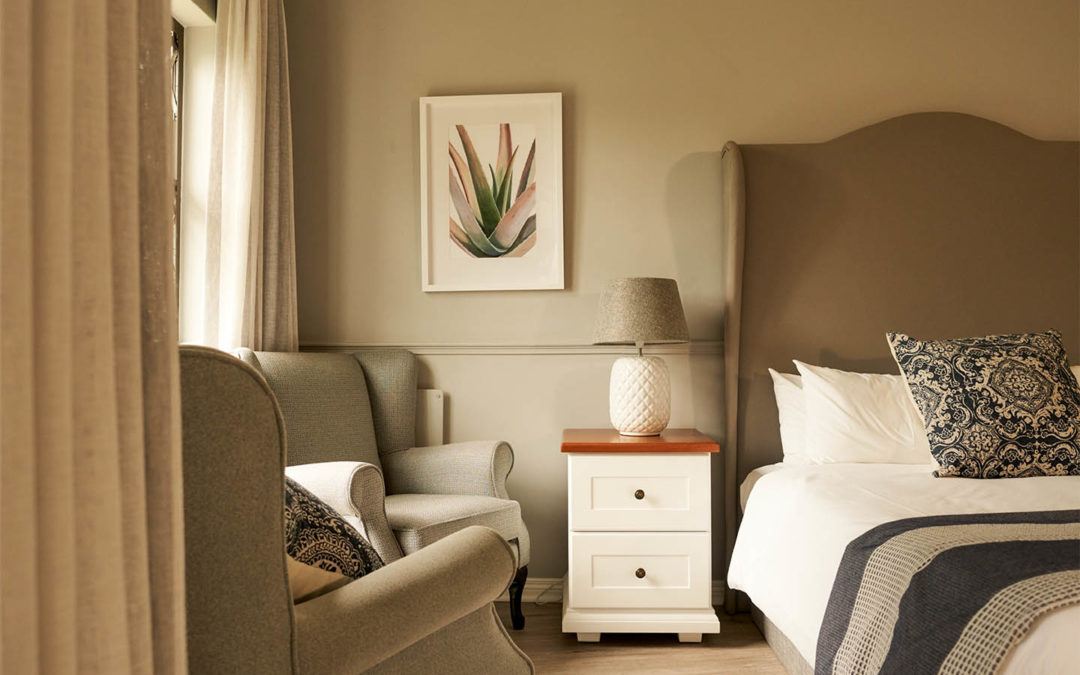The signs for dementia, and related diseases, are not always easy to distinguish from signs of ageing. Often by the time that one realizes their aging loved one is, in fact, showing signs of a dementia related illness, it may already have advanced rapidly.
The Signs Of Dementia
Dementia exhibits in so many forms and can be caused by many underlying ailments. Alzheimer’s disease is the highest contributor of dementia. The early on-set symptoms are not always easy to decipher between whether they are normal signs of ageing or truly a form of dementia or Alzheimer’s disease. Signs may include memory loss to the confusion of time or place, and even more serious outbursts. Be sure to read this article that indicates 10 possible warning signs and symptoms of dementia.
What Private Care Facilities Offer
Not all private care facilities are created equal. And not all establishments for the aged have the amenities or training to properly care for those with dementia.
What you should look for in a dementia private care facility:
- Dementia care – that they actually say they cater to dementia care. Many facilities will claim they offer aged care, however that is not the same as dementia specific care.
- Qualified Staff – qualified and trained nursing staff specialising in memory care (dementia & Alzheimer’s ideally) Those that have added dementia related training are better equipped and prepared to deal with situations that may arise from a dementia related episode.
- One-on-one care – it is not enough to simply have an adequate number of staff in the facility. Studies show that those suffering from dementia thrive more when they have one-on-one care and someone (or even multiple people) that takes an interest in them, and that they can also start to trust.
- Stimulating Activities – specialised memory related activities exist. Usually this is more than a game of chess, or bowls. Memory care activities should be created for each individual based on the life they had lived. If they enjoyed playing piano, or singing, those activities should be brought into their daily schedule. It helps to remind them of who they are, and feels familiar.
- Suitable Environment – one expects the facility to have adequate medical equipment of course, but is the environment functional? Is it comfortable, and is it dementia-proof? (similar to baby-proofing)
- Privacy – even those that suffer from dementia appreciate the need for privacy. Most private care facilities also are able to offer private rooms to individuals (or couples) that are not too affected, or advanced in their affliction.
- Good Nutrition – private care facilities usually are able to cater to the individual needs of those in their care. Meals are created and prepared taking their unique needs into consideration.
Livewell is a specialised dementia and Alzheimer’s private care facility with a big focus on memory care in addition to physical and medical care. There are two facilities in South Africa, one in Bryanston (Gauteng) and one in Somerset West (Western Cape). Each resident has a programme created uniquely for their needs including, but not limited to, a special companion carer, memory stimulating activities and even their dietary requirements. Residents may also live with spouses, and the facility is pet-friendly.
